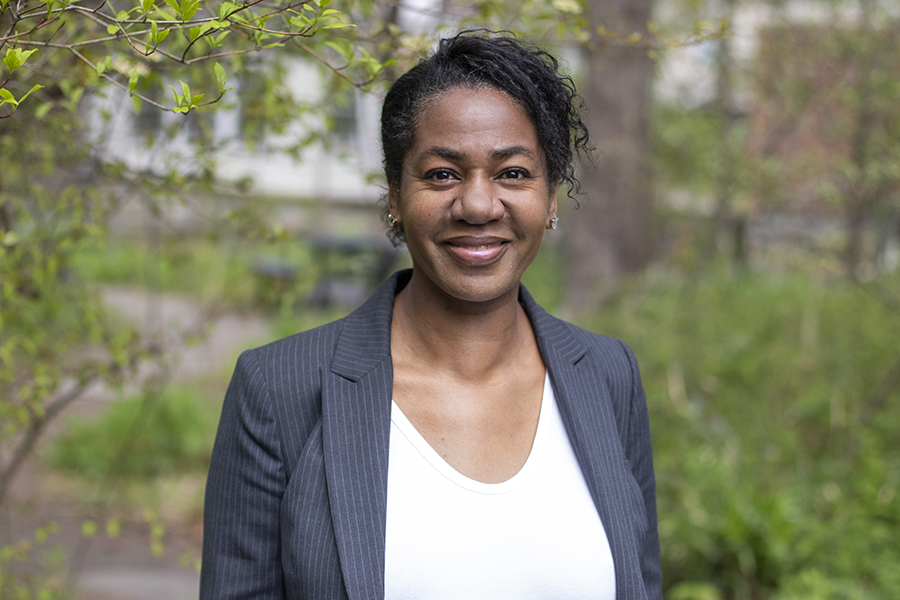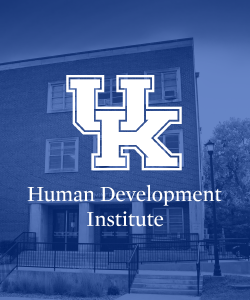Dr. Gayle Bartilow was not prepared for how much of an effect her dissertation research would have on her.
When she traveled to South Africa to do research on how apartheid had affected educational opportunities and how modern South Africans are working to decolonize education to build a better system, she expected that she would hear some difficult stories, but she had no idea exactly how intense it would get.
“I was not prepared for the level of, hardship, violence, and the heart wrenching stories that came out,” she said. “I did not expect to hear that some of the people that I interviewed actually engaged in warfare. I didn’t know that it was that intense. I wasn’t prepared for the number of people that had died during that time. And I found out about how violent that period…the bloodshed, and the people that I interviewed were students. They were children when this happened.”
Though the work may have been difficult, Bartilow feels it was important – and Bellarmine University, the school where she received her doctorate, agrees, given that it recognized Bartilow with its Dissertation of the Year and Robert and Kathleen Cooter Social Justice Advocate Award. Bartilow said she was honored and humbled to receive the award – and driven to honor the stories that her participants told her.
“The participants are really entrusted in me a lot when they shared those very personal stories,” she said. “I feel as if I have a responsibility to share that.”
Bartilow said that confronting such difficult subject matter had a profound effect on her. The stories were often difficult to hear.
“I had to check my own mental health,” she said. “While I was interviewing the participants, I started to struggle. with my own mental health. I was having bad dreams, and I could feel the tension and the stress in my body, headaches and trouble sleeping. So I had to just be really mindful about caring for myself as well.”
But Bartilow’s work was ultimately focused on life beyond those difficult stories, on how the people who lived them changed the world in response. She specifically focused on educators who were in school during the apartheid era, and on what they had done to offer today’s students opportunities they had been denied.
“One of the themes that came through was the need to build up others, support community,” she said. “My participants made the point of telling their students that they need to support others, they need to create a pathway for others to succeed as well.”
That’s ultimately what the Cooter Social Justice Advocate Award celebrates – a dissertation that works towards a more equitable world. Bartilow is joyous that she got the chance to do research that was found worthy of it – and to learn about people pushing past hardship to make the world a better place.
“It’s about creating positive change,” she said. “Social change and social justice for people who have had extraordinary difficulties, circumstances that limited them and denied them opportunities.”



